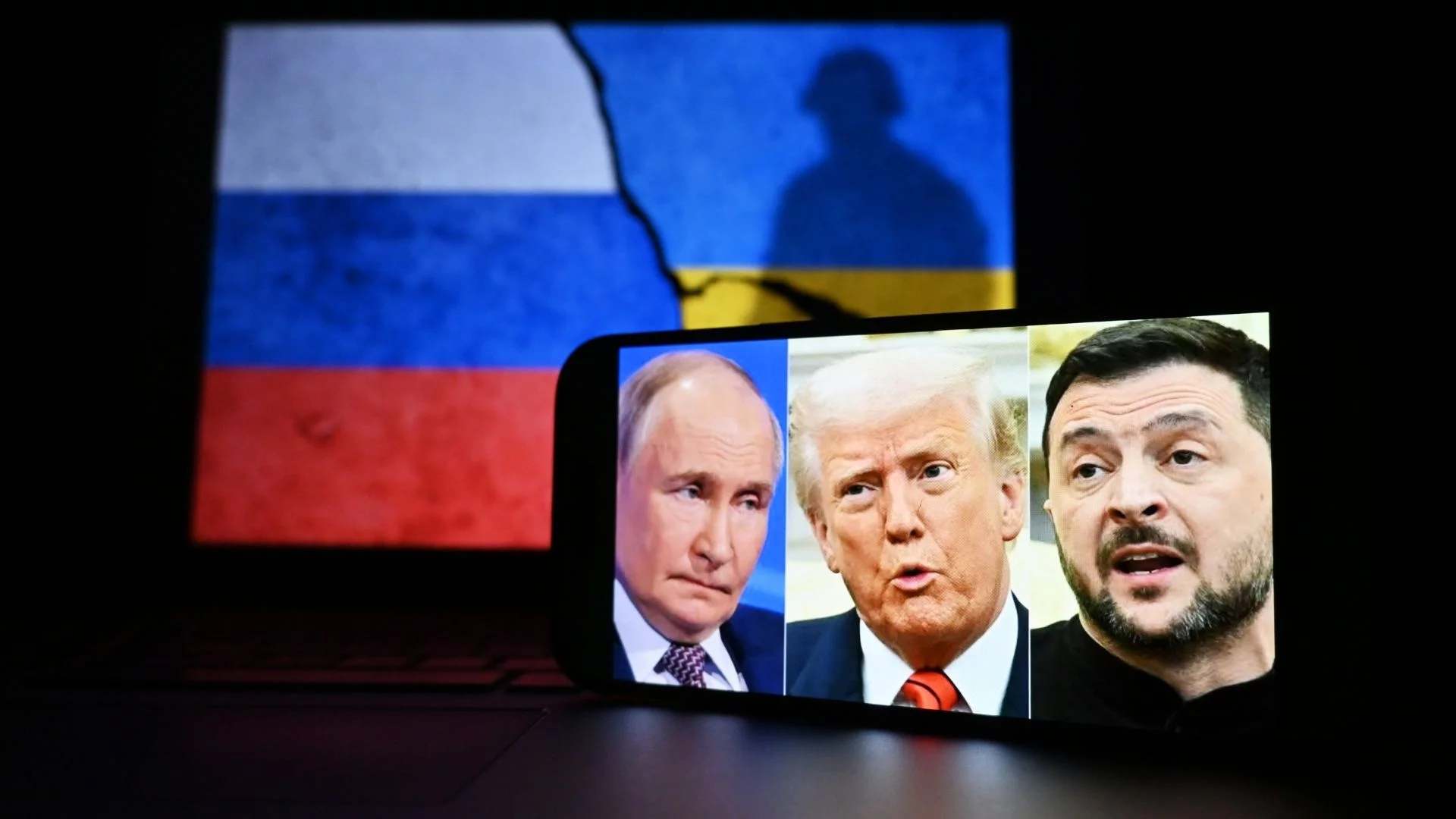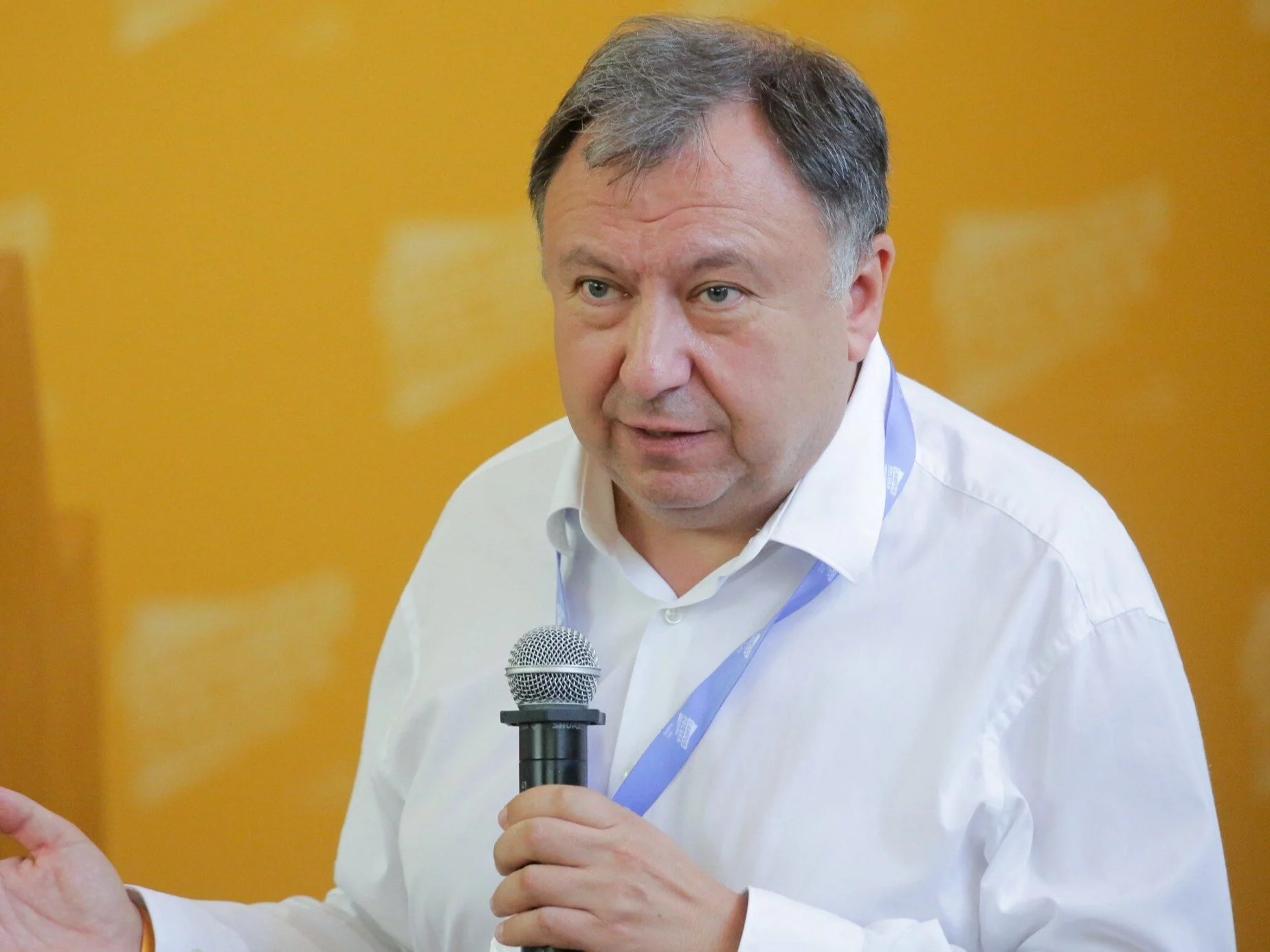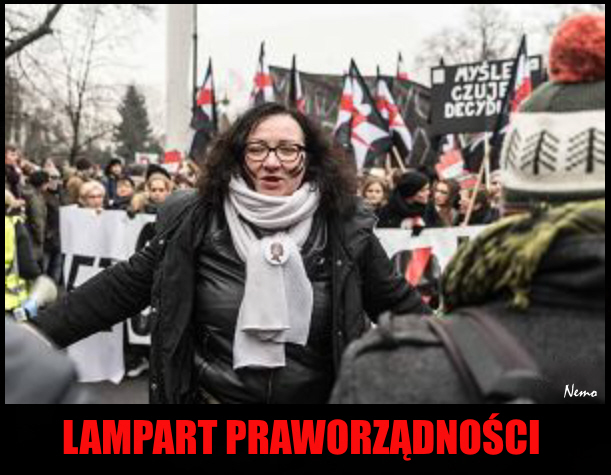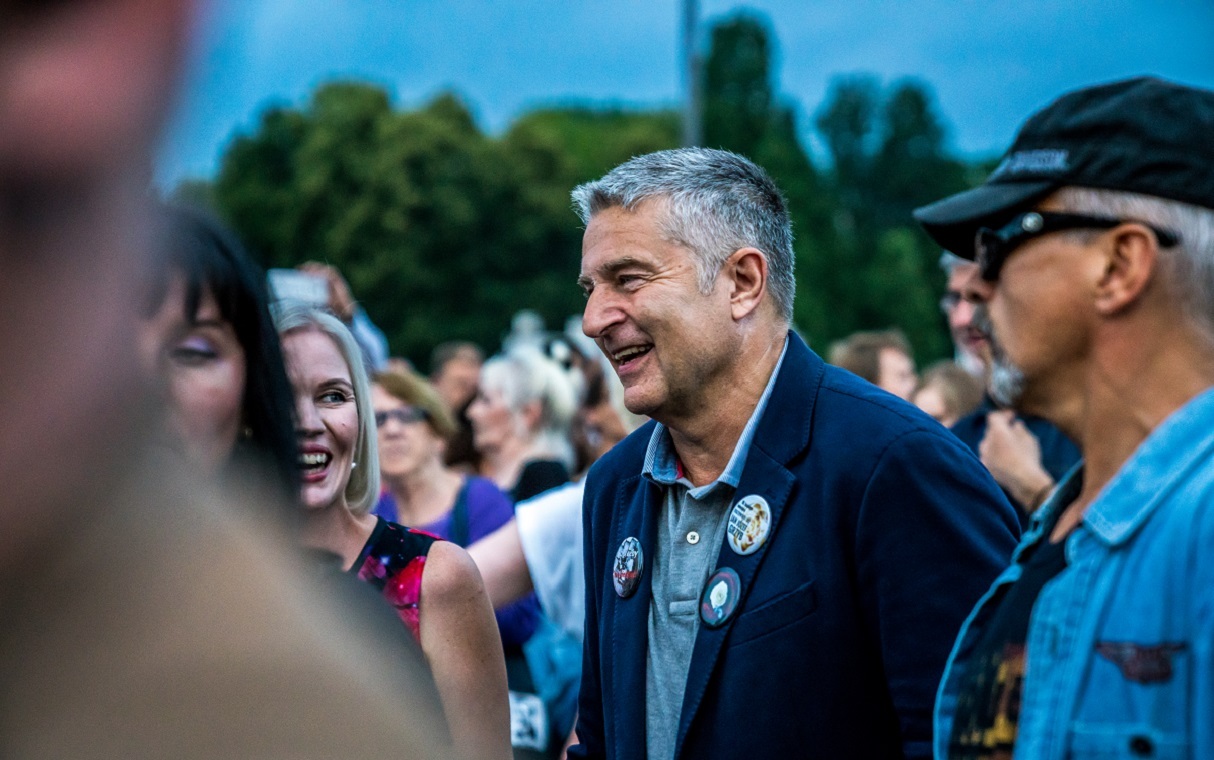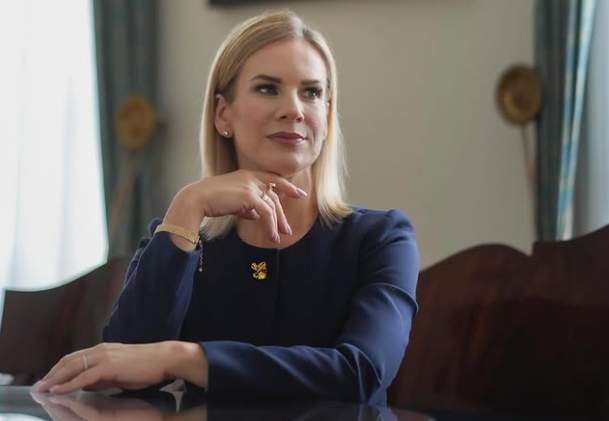The Ridley Foundation Award holds a special status and is considered one of the most important distinctions in global ophthalmology, often described as the equivalent of a “Nobel Prize in ophthalmology„. This inaugural award, established by the UK and Ireland Society of Cataract and Refractive Surgeons (UKISCRS) together with the Ridley Foundation to honour Sir Harold Ridley—the creator of the first intraocular lens that transformed modern cataract surgery—has been presented to a Polish ophthalmologist. It is an exceptional tribute to Professor Robert Rejdak for his international contribution to clinical practice, scientific advancement, education, and humanitarian service.
The laureate was honoured on 13 November in London with the official award of the UK and Ireland Society of Cataract and Refractive Surgeons. The symbolic sculpture — a bronze snow leopard created by Mark Coreth and commissioned specifically for the Polish ophthalmologist — was presented jointly by Nickolas Ridley, son of the man who ushered in the era of modern ophthalmology, UKISCRS President Professor David Lockington, and Agnieszka Fabryczewska-Chojnacka, Consul of the Republic of Poland in London.

Professor Robert Rejdak, Head of the Department of General Ophthalmology at the University Clinical Hospital No. 1 in Lublin, was recognised for his longstanding contribution to international ophthalmology, his work on behalf of patients, as well as for his educational and humanitarian activities. His profound engagement in supporting Ukrainian doctors and victims of the war had a decisive impact on the jury’s decision. While much of the world merely observed the conflict, Professor Rejdak has been taking effective action since the onset of the Russian invasion — responding directly to the needs of Ukrainian ophthalmologists saving eyesight in extreme conditions. He treats the most complex traumatic injuries in Lublin, and he organises specialised training for large groups of physicians from Ukraine.
The award ceremony took place in the presence of more than 400 British ophthalmologists, who listened to Professor Rejdak’s 20-minute lecture delivered in the hosts’ native tongue in the very heart of London.
The auditorium was filled to capacity. British specialists attentively followed the lecture on cutting-edge technologies, telemedicine and medical work in crisis environments, including the management of severe ocular trauma among Ukrainian patients. It was far more than an academic presentation — it was the report of a physician who truly treats victims of war and knows first-hand what disaster medicine entails.
After the lecture, Professor Rejdak was repeatedly approached in the corridors. The British — typically reserved — came to congratulate him and express their willingness to expand cooperation. And that speaks louder than a thousand words.

Humanitarian commitment recognised
Professor Rejdak is not one to cast himself as a hero. When he speaks of his assistance for Ukraine, he simply says he is “doing his job”. Yet this “job” includes: performing complex trauma surgeries on war victims, educating Ukrainian ophthalmologists in Lublin, building lasting bridges between Polish and Ukrainian ophthalmology, transferring knowledge that, as he puts it, “offers a fishing rod rather than a fish”, and introducing the newest treatment methods and technologies into this mission.
For British specialists — a nation that “values deeds more than words” — this is work not only visible in the media, but above all worthy of the highest respect.
A global year for Professor Rejdak: Dubai, the USA, Mexico, Uzbekistan and London
The Ridley Award is the crowning achievement of an exceptionally intense period which the professor summarised succinctly: “since September I have been on four continents”.
Here are a few facts: two weeks earlier he received an award in Dubai for his work in ocular trauma treatment and education; he participated in or lectured at conferences in the USA, Mexico and Uzbekistan, presenting Poland’s accomplishments in modern cataract surgery and retinal disease management. One must admit — the pace and scope of this activity impress even the most sceptical observers.
Polish ophthalmology in the global league
The British honour is not only a personal triumph for Professor Rejdak. It is a clear signal that Lublin — and Poland — has long been a place where ophthalmology develops at a global level. The British see the Lublin clinic as an ambassador of European ophthalmology, a centre of advanced technologies, a hub of education, cooperation and humanitarian support, and a partner with whom they wish to develop the latest surgical methods. Frequent visits of British ophthalmologists to the Lublin centre confirm this.
Polish ophthalmology holds a strong position today, and Professor Rejdak and his team have reached its very summit. It is therefore no surprise that at the recent Congress of The Society of Ophthalmic Surgeons of Poland (SCOP), the head of the Lublin clinic was unanimously re-elected for a third term as President of the Society.
Jolanta Czudak


